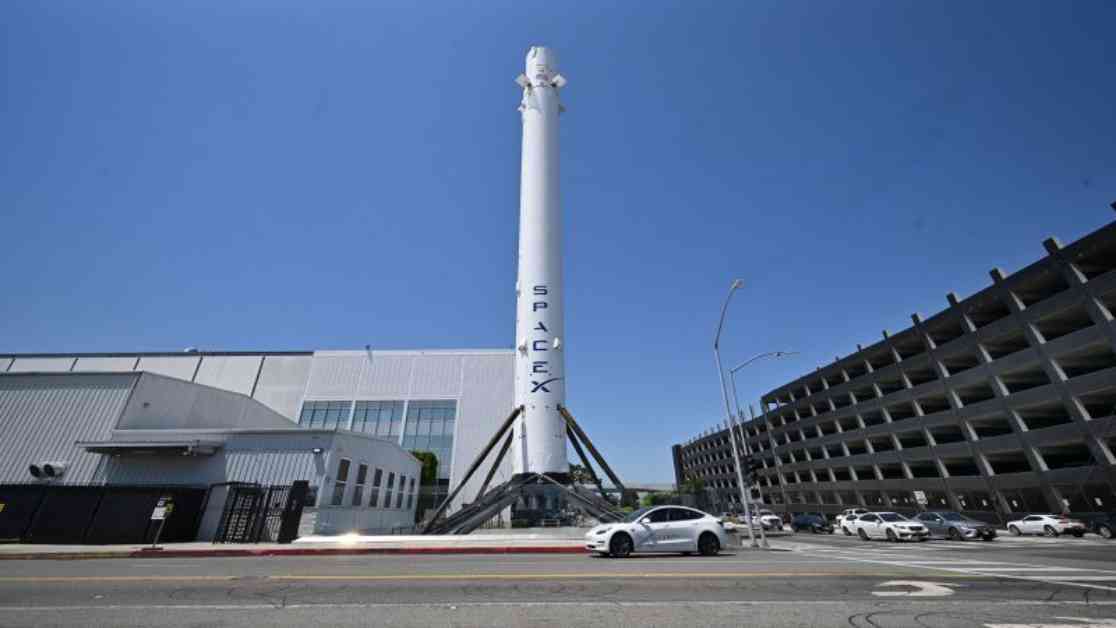SpaceX’s Falcon 9 rocket is set to return to flight after experiencing a failure during a routine journey earlier this month. The Federal Aviation Administration has given approval for the rocket to resume launches, citing no public safety issues related to the previous failure on July 11. This quick approval allows SpaceX to launch a batch of Starlink internet satellites as early as Saturday, marking a rapid return to flight for the Falcon 9.
The approval to resume Falcon 9 launches is crucial for SpaceX’s upcoming missions, including launching astronauts to the International Space Station. The company’s 10th crewed mission, Crew-9, is scheduled for August 18 and will carry four astronauts to the ISS. NASA’s commercial crew program manager, Steve Stich, expressed confidence in SpaceX’s transparency and readiness for the upcoming mission.
In addition to Crew-9, SpaceX has plans for a private astronaut mission called Polaris Dawn, which will send billionaire Jared Isaacman and three other crewmates to orbit aboard a Falcon 9. This mission, initially set for this month, is now expected to launch in late summer or August.
The recent failure of the Falcon 9 was caused by an oxygen leak in the second stage of the rocket, leading to an “RUD” or rapid unscheduled disassembly. Despite the mishap, the satellites were safely deployed, but in a lower orbit than intended. SpaceX has identified the root cause of the issue and is working to correct it before future launches.
The Falcon 9 rocket, a key player in the US rocket industry, has a history of successful missions and is known for its reliability. SpaceX’s ability to quickly analyze flight data and address issues contributes to its rapid return to flight after setbacks. The company’s commitment to safety and transparency is evident in its handling of the recent failure and plans for future missions.
Overall, SpaceX’s approval to launch the Falcon 9 again marks a significant milestone in the company’s space exploration efforts. The quick turnaround from a mission-ending failure to a scheduled launch demonstrates SpaceX’s resilience and commitment to advancing space technology. As the company continues to push the boundaries of space exploration, observers can expect more groundbreaking missions and achievements in the near future.












